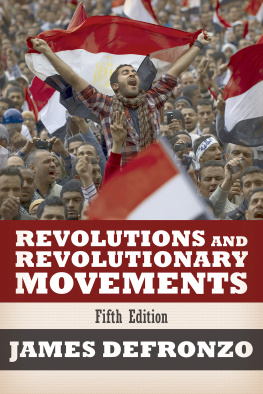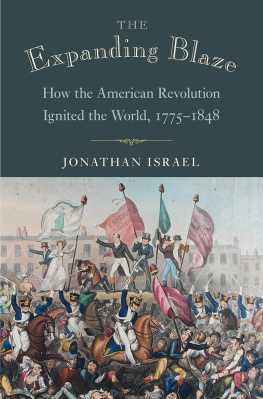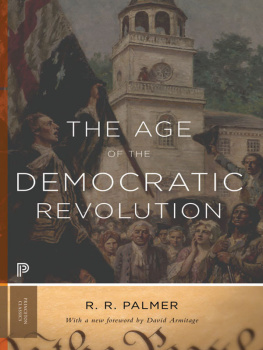CROMBIE,
James Crombie, The Expedience and Utility of Volunteer Associations for National Defence and Security in the Present Critical Situation of Public Affairs Considered, in a Sermon, Preached before the United Companies of the Belfast Volunteers (Belfast: Printed by James Magee, 1779).
James Crombie, a moderate Presbyterian minister, was educated at the universities of St Andrews and Glasgow in Scotland and became the founder and headmaster of Belfast Royal Academy in 1785. He also published, An Essay on Church Consecration (1777); A Sermon on the Love of Country (1778) which was preached before the Irish volunteers on 19 July 1778, and The Propriety of Setting Apart a Portion of the Sabbath for the Purpose of Acquiring the Knowledge and Use of Arms, in Times of Public Danger (1781).
In this pamphlet, Crombie laments the danger into which Ireland has lately fallen with a French fleet operating off the countrys coastline. He also laments the decline in the nations fortunes because of the spread of luxury, extravagance, dissipation, folly and corruption, and the adoption of unwise public councils that are threatening to dismember the British empire. Standing alone against an array of enemies the Irish people have naturally favoured establishing voluntary associations for national defence. They must trust in God and in their own patriotic efforts to save the nation. As a Christian minister, Crombie does not wish to attack others, but he justifies the taking up of arms in self-defence. This patriotic objective ought to unite men of all political persuasions because the alternative was victory for a despotic French and Catholic monarchy and a serious threat to the lives, religion, property and commerce of the Irish people. He praises a volunteer citizen militia that shows that the Irish people are prepared to make sacrifices to serve the public interest. The text of the original pamphlet starts at page 5 and ends at page 32.
James Crombie, The Expedience and Utility of Volunteer Associations for National Defence and Security in the Present Critical Situation of Public Affairs Considered, in a Sermon, Preached before the United Companies of the Belfast Volunteers (Belfast: Printed by James Magee, 1779).
A SERMON, &C.
I CHRONICLES, xix. 13.
Be of good courage; and let us behave ourselves valiantly for our people, and for the cities of our God.
IN these words Joab addressed himself to the host of Israel. They had taken up arms to repel a formidable invasion threatned by the united powers of the Ammonites and Syrians. On the part of these invaders the war was founded in the basest ingratitude, and most flagrant injustice.
DAVID had sent messengers to comfort Hanun, the young king of the Ammonites, upon the death of his father. David said, I will know kindness unto Hanun the son of Nahash, because his father / shewed kindness to me: and David sent messengers to comfort him concerning his father: so the servants of David came into the land of the children of Ammon, to Hanun, to comfort him.
THIS king had the misfortune of being under the direction of wicked counsellors. Thinkest thou, said they to him, that David doth honour thy father, that he hath sent comforters unto thee ? Are not his servants come unto thee, for to search and overthrow, and to spy out the land?
HANUN, unhappily for his people, suffered himself to be swayed by this most wicked insinuation He took Davids servants, and shaved them, and cut off their garments by the midst, and sent them away.
ONE deliberate act of violence seldom fails to give birth to a second still more outrageous than the first. Hanun justly dreading the resentment of David, resolves upon the invasion of his kingdom as the best expedient to avert the chastisement his insolence deserved Not caring however to trust the event of these hostile schemes to the strength of his own armies, he resolved to call in foreign mercenaries to his aid. When the children of Ammon saw that they had made themselves odious to David, Hanun and the children of Ammon / sent a thousand talents of silver to hire them charriots and horsemen out of Mesopotamia, and out of Syria-Maachab, and out of Quobah.
WITH this formidable host, the king of Ammon went forth to make war upon Israel, from whom he had but lately received a very distinguished mark of the most sympathetic affection.
THESE outrageous unprovoked insults no doubt roused the indignation of David. But this formidable combination against his kingdom seems to have alarmed his fears. When David heard of it, he sent Joab, and all the host of the mighty men- Joab was a man of distinguished valour, and his army consisted of the chosen citizens of Israel. These steps did plainly indicate the uneasy apprehensions of the king. They had more the appearance of a preparation for the defence of his kingdom, than of measures adopted for the chastisement of perfidious neighbours.
JOAB entered into the views, and seconded the zeal of his master. The charge committed to him, involved in it the fate of Israel. The ardor of his mind, and the greatness of his soul were equal to the important trust. Having decided upon the measures, which, in this aweful crisis, he determined to pursue, he addressed his fellow citizens in the words I have read to you. Be of good courage, / and let us behave ourselves valiantly for our people, and the cities of our God.


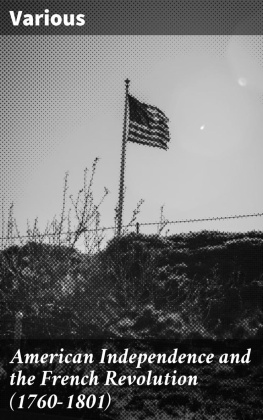
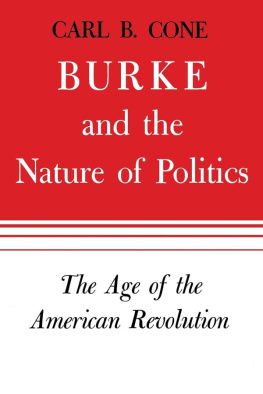
![Richard Arnold Bermann - Ireland [1913]](/uploads/posts/book/266250/thumbs/richard-arnold-bermann-ireland-1913.jpg)
